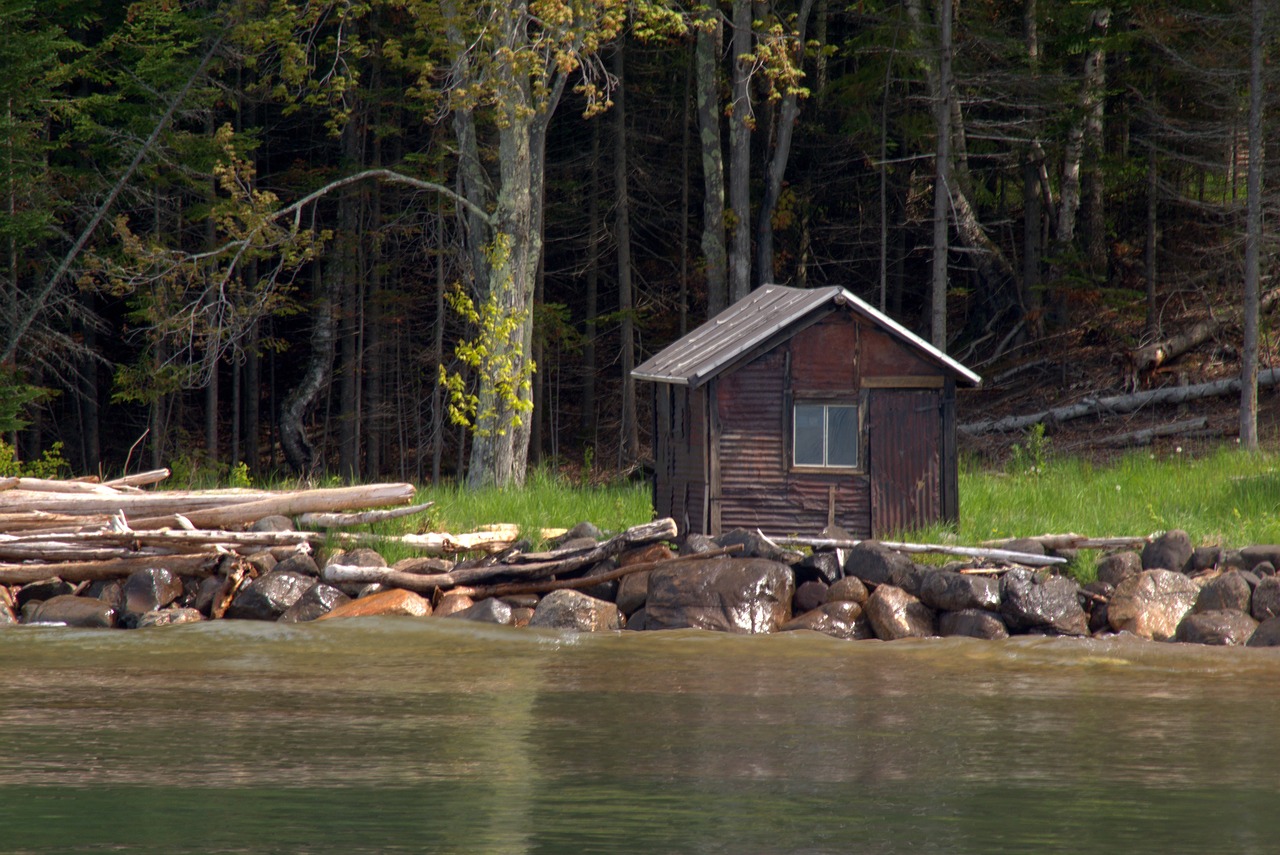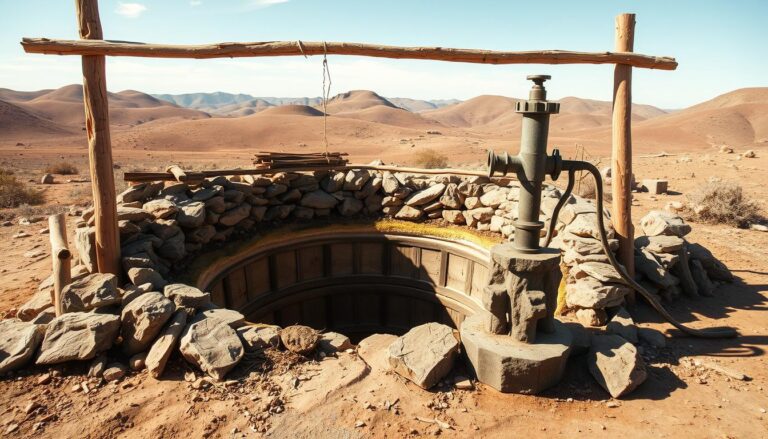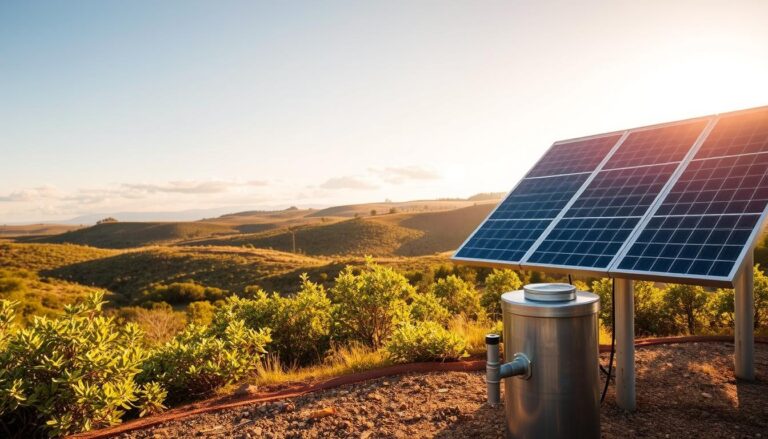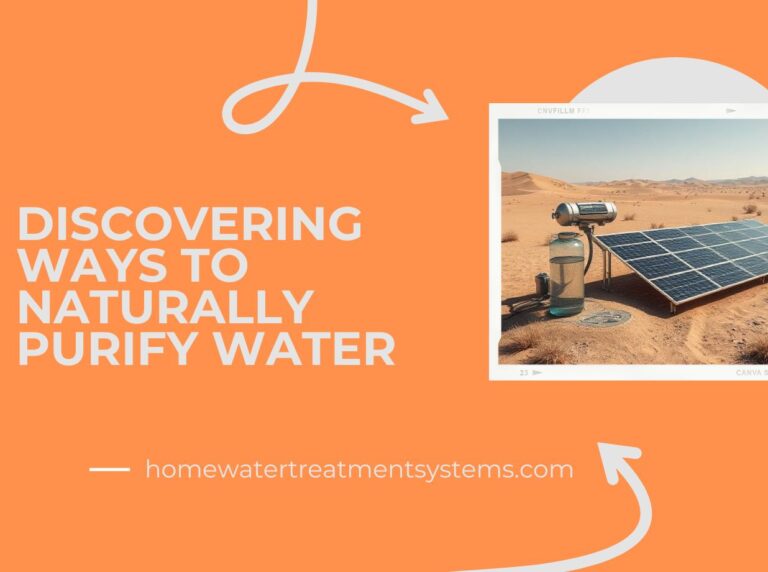Exploring the Costs of an Off-Grid Water System
Discover the benefits of off-grid water systems and the costs involved. This guide explores options like rainwater harvesting and well drilling, tailored to your needs and budget. Learn about the pros, cons, and long-term savings of each system. Whether you’re a homeowner, business owner, or eco-conscious individual, make informed choices about sustainable living with our comprehensive guide. Dive into the true costs of going off-grid and achieve independence from municipal water sources.
How Much Does an Off-Grid Water System Cost?
The cost of an off-grid water system can vary depending on the size and complexity of the system. On average, a basic off-grid water system can cost anywhere from $2,000 to $10,000. However, more advanced systems with larger water storage capacities and filtration systems can cost upwards of $20,000 or more. It is important to consult with a professional to determine the specific needs and costs for your off-grid water system.
Types of Off-Grid Water Systems
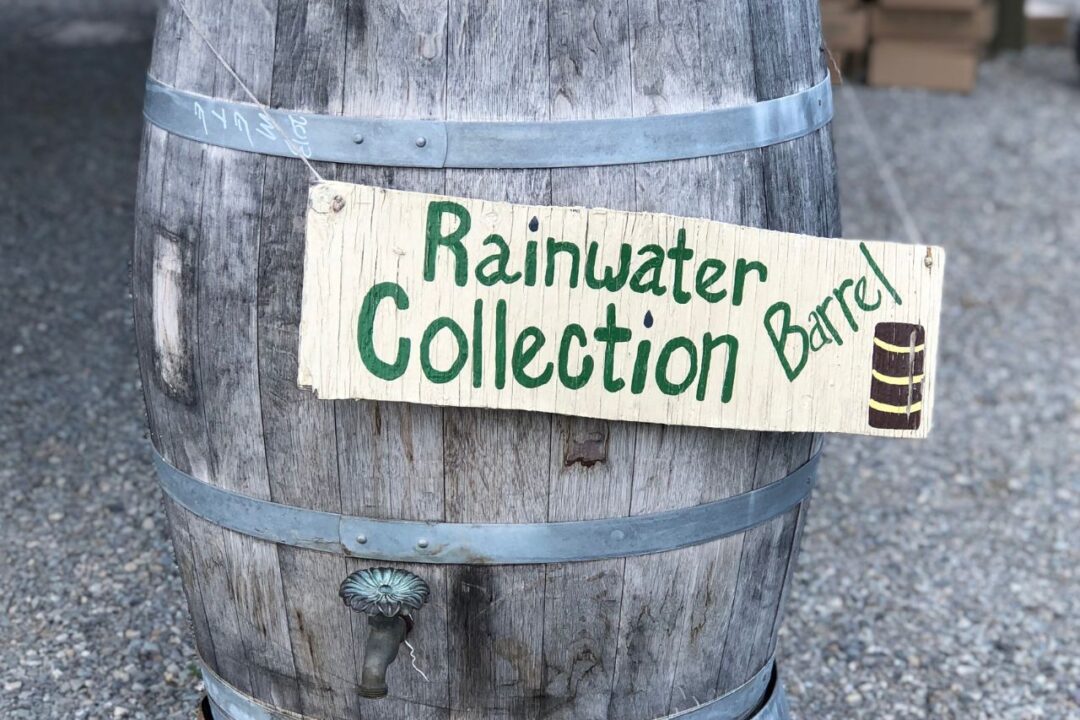
Off-grid water systems come in various types, each with its own set of advantages and considerations. Let’s take a closer look at the most common options:
Rainwater Harvesting
Rainwater harvesting is a popular choice for off-grid water systems, especially in areas with sufficient rainfall. It involves collecting and storing rainwater for various uses, such as irrigation, toilet flushing, and even drinking water. The initial installation costs for rainwater harvesting systems can vary depending on factors such as the size of the catchment area, storage capacity, and filtration systems. However, in the long run, rainwater harvesting can provide significant savings on water bills, especially if you live in an area where water is expensive.
Well Water Systems
Another option for off-grid water systems is drilling a well to access groundwater. Well water systems require professional drilling and installation, which can be costly upfront. However, once the well is in place, the operational costs are relatively low. It’s important to consider factors such as water quality, well depth, and maintenance requirements before opting for a well water system. Additionally, in some areas, permits and regulations may apply, which can add to the overall cost of the system.
Spring Water Systems
If you are fortunate enough to have access to a natural spring on your property, a spring water system can be an excellent choice. Spring water is typically of high quality and requires minimal treatment. However, the costs associated with spring water systems can vary significantly depending on factors such as the distance from the spring to your home or business, the need for storage tanks, and the required filtration systems. It’s important to assess the feasibility and long-term sustainability of a spring water system before making any investments.
Pros and Cons of Off-Grid Water Systems
Before diving into the costs of off-grid water systems, it’s important to weigh the pros and cons. Here are some key considerations:
Pros
- Independence: Off-grid water systems provide self-sufficiency and independence from municipal water sources, which can be prone to disruptions or contamination.
- Environmental Impact: By reducing reliance on traditional water sources, off-grid systems help conserve water resources and minimize environmental impact.
- Cost Savings: While the upfront costs of off-grid water systems can be significant, they often result in long-term savings on water bills.
Cons
- Initial Investment: Setting up an off-grid water system requires a significant upfront investment, including installation costs and equipment purchases.
- Maintenance: Off-grid water systems require regular maintenance and occasional repairs, which can add to the overall cost.
- Limited Supply: Depending on the system and the available resources, off-grid water systems may have limited water supply during dry periods.
Factors that Impact the Cost of Off-Grid Water Systems
Several factors influence the overall cost of off-grid water systems. Understanding these factors will help you estimate the total investment required for your specific needs. Let’s explore:
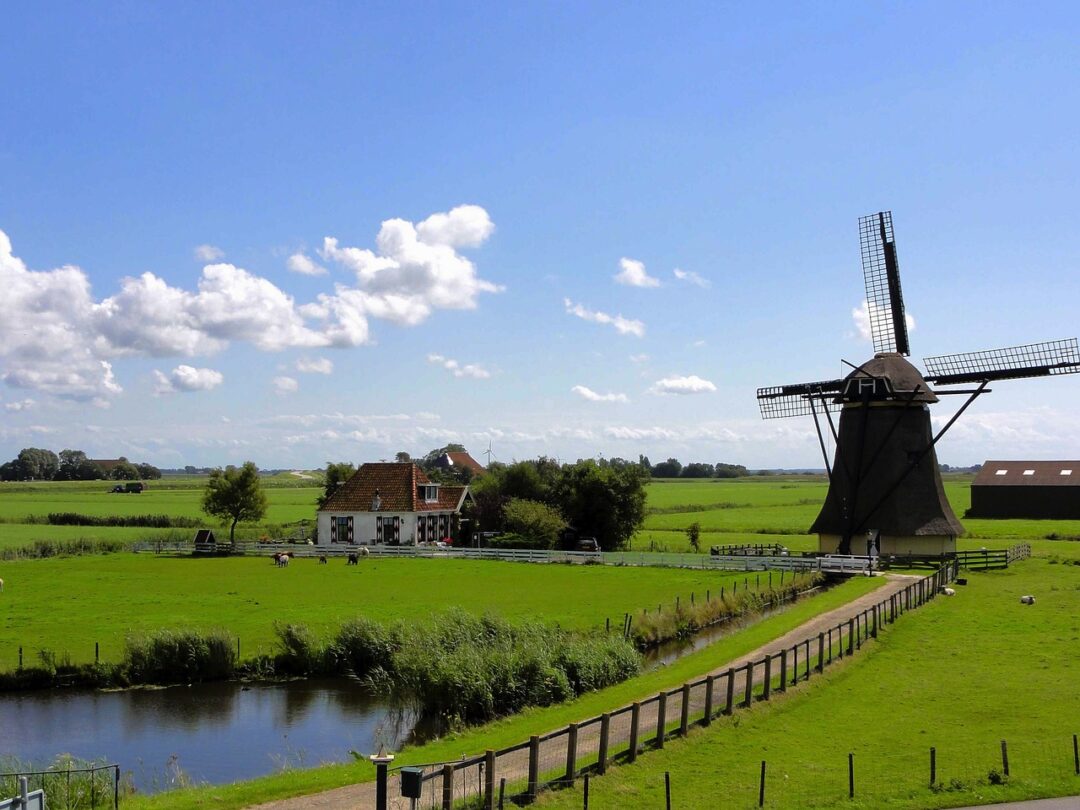
Location and Water Source
The location of your property and the availability of water sources play a crucial role in determining the cost of an off-grid water system. For example, if you live in an area with ample rainfall, rainwater harvesting may be a more cost-effective option compared to drilling a well. On the other hand, if you live in a remote location and have access to a natural spring, the costs associated with spring water systems may be lower. Assessing the water availability and quality of your property will help you choose the most suitable system.
System Capacity
The size and capacity of your off-grid water system directly impacts its cost. The larger the system, the higher the upfront investment required. Factors such as the number of users, water usage patterns, and storage requirements will influence the capacity of your system. It’s essential to accurately estimate your water needs to avoid overspending on an unnecessarily large system or underestimating your requirements, leading to water shortages.
Installation Complexity
The complexity of installing an off-grid water system can affect the overall cost. For example, if your property has challenging terrain or limited access, the installation process may require additional labor and equipment, increasing the expenses. Similarly, if specific permits or regulatory requirements apply to your area, you may need to budget for additional costs associated with compliance.
Initial Installation Costs of Off-Grid Water Systems
The initial installation costs of off-grid water systems can vary widely depending on the chosen system and the specific requirements of your property. Here are the primary cost considerations:
Equipment and Materials
The cost of equipment and materials is a significant component of the initial installation expenses. This includes items such as water storage tanks, pumps, filtration systems, and pipes. The prices can vary depending on the quality and capacity of the equipment you choose. It’s important to balance your budget with the durability and reliability of the components to ensure a long-lasting and efficient system.
Professional Services
In many cases, hiring professionals is necessary for the successful installation of off-grid water systems. This includes services such as drilling a well, installing rainwater harvesting systems, or setting up filtration systems. The costs of professional services can vary depending on the complexity of the installation and the local rates. It’s crucial to research and obtain quotes from reputable professionals to ensure you are getting a fair price.
Permits and Regulatory Fees
Depending on your location, you may need to obtain permits or pay regulatory fees for installing off-grid water systems. These costs can vary significantly, so it’s essential to research the specific requirements in your area and include them in your budget. Failing to comply with regulations can result in penalties or even the removal of your system, so it’s important to factor in these costs from the beginning.
Maintenance and Operational Costs of Off-Grid Water Systems
While the initial installation costs are a significant investment, it’s essential to consider the ongoing maintenance and operational expenses of off-grid water systems. Here are some key factors to consider:
Regular Maintenance
Off-grid water systems require regular maintenance to ensure optimal performance and longevity. This includes tasks such as cleaning and maintaining filtration systems, checking for leaks, and monitoring water quality. Depending on the complexity of your system, you may choose to perform maintenance tasks yourself or hire professionals. Budgeting for regular maintenance will help prevent costly repairs and ensure the efficiency of your system.
Energy Requirements
Certain off-grid water systems, such as well water systems or those utilizing pumps, may require energy sources to operate. It’s important to consider the energy requirements and associated costs when estimating the operational expenses of your system. Renewable energy solutions, such as solar panels or wind turbines, can help reduce ongoing energy costs and make your off-grid water system more sustainable.
Replacement and Repairs
Over time, components of your off-grid water system may wear out or require replacement. It’s important to factor in the potential costs of replacing pumps, filters, or storage tanks when budgeting for your system. Additionally, unforeseen repairs may be necessary due to equipment failure or damage. Maintaining an emergency fund for unexpected repairs will help you avoid financial strain in the future.
Financing Options for Off-Grid Water Systems
The upfront costs of off-grid water systems can be a barrier for some individuals or businesses. Fortunately, there are various financing options available to help make off-grid water systems more accessible. Here are some common financing options:
Loans and Mortgages
Many financial institutions offer loans or mortgages specifically for sustainable or off-grid projects. These loans often come with favorable terms and interest rates, making them a viable option for financing your off-grid water system. It’s important to research and compare different lenders to find the best terms that suit your needs.
Government Grants and Incentives
In some cases, government grants or incentives may be available to help offset the costs of installing off-grid water systems. These programs aim to encourage sustainable practices and reduce the strain on municipal water resources. Researching local and national programs can help you identify potential financial assistance options.
Crowdfunding and Community Support
For individuals or organizations with limited access to traditional financing options, crowdfunding or community support can be an alternative. Platforms such as Kickstarter or GoFundMe allow you to share your project and seek financial contributions from interested individuals or organizations. Engaging with your community and explaining the benefits of your off-grid water system can help generate support and funding.
Case Studies: Real-Life Examples of Off-Grid Water System Costs
To provide a clearer picture of the costs involved in off-grid water systems, let’s explore a few real-life case studies:
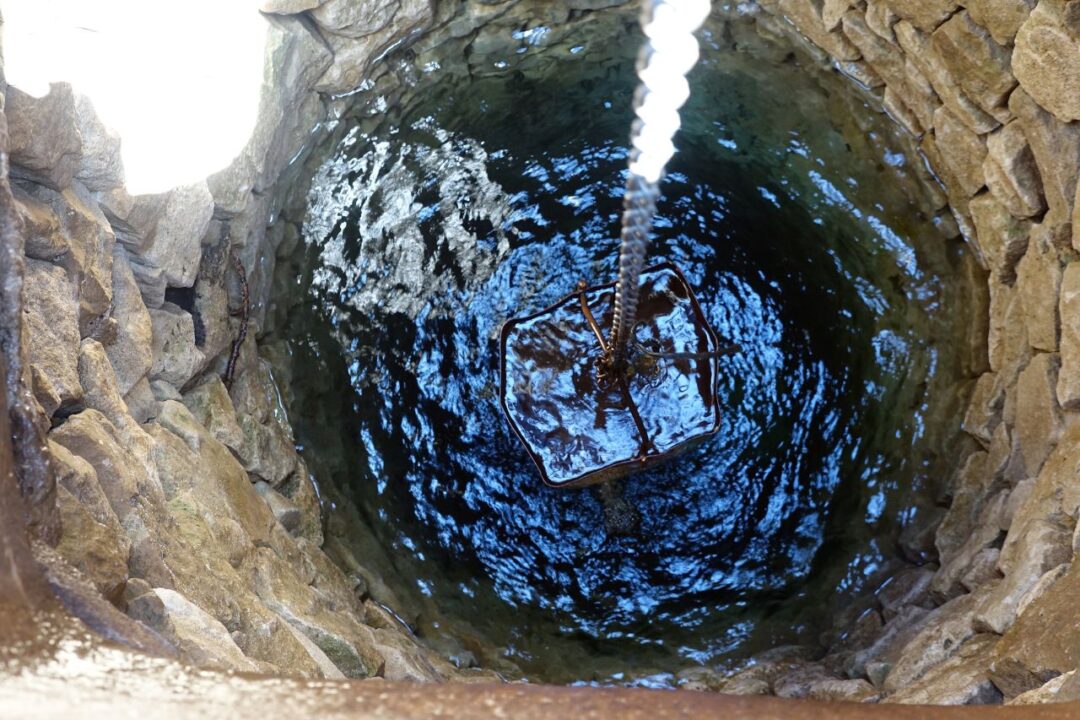
Case Study 1: Rainwater Harvesting for a Residential Property
Mr. Smith, a homeowner in a suburban area, decided to install a rainwater harvesting system to reduce his reliance on municipal water. The total cost of the system, including equipment, installation, and permits, amounted to $5,000. Mr. Smith estimated that the system would pay for itself within five years, considering the reduced water bills and the average rainfall in his area. The ongoing maintenance and operational costs were minimal, mainly consisting of occasional filter replacements and cleaning.
Case Study 2: Well Water System for a Farm
A family-owned farm in a rural area invested in a well water system to meet their agricultural water needs. The total cost of drilling the well, installing pumps and pipes, and obtaining necessary permits amounted to $20,000. The farm estimated that the system would reduce their annual water expenses by 50%, resulting in significant long-term savings. The ongoing maintenance costs were relatively low, consisting mainly of electricity expenses for operating the pumps and occasional well inspections.
Case Study 3: Spring Water System for a Campground
A campground situated near a natural spring opted for a spring water system to provide clean and reliable water to their visitors. The installation costs, including storage tanks, pipes, and filtration systems, amounted to $15,000. The campground estimated that the system’s operational costs, mainly electricity usage and occasional maintenance, would be offset by the additional revenue generated from offering high-quality water to their guests.
These case studies illustrate the variety of costs associated with off-grid water systems and demonstrate the potential long-term savings and benefits they can provide.
Tips for Reducing Costs and Maximizing Efficiency
While off-grid water systems require a significant investment, there are ways to reduce costs and maximize efficiency. Here are some tips to consider:
- Proper Planning: Thoroughly assess your water needs and choose a system that suits your requirements. Avoid overspending on unnecessary capacity or components.
- DIY Approach: Depending on your skills and comfort level, consider performing certain installation or maintenance tasks yourself to save on labor costs.
- Regular Maintenance: Stay on top of regular maintenance tasks to prevent costly repairs in the future. Keep filters clean, monitor water quality, and address any issues promptly.
- Energy Efficiency: Opt for energy-efficient components and consider renewable energy sources to reduce ongoing energy costs.
Water Conservation: Implement water-saving practices, such as low-flow fixtures and efficient irrigation systems, to minimize water usage and maximize the efficiency of your off-grid water system.
Off-Grid Water Systems FAQs
Below are common questions asked about off-grid water systems:

How do you heat water off-grid?
There are several options for heating water off-grid. One option is to use a solar water heater, which uses the sun’s energy to heat the water. Another option is to use a wood-burning stove or fireplace with a water jacket, which heats the water as it circulates through the system. Additionally, propane or natural gas water heaters can be used with a generator or alternative fuel source.
How do you purify water off-grid?
When it comes to purifying water off the grid, there are several methods you can use. Some popular options include boiling the water, using a water filter or purifier, using chemical disinfectants like chlorine or iodine, or using ultraviolet (UV) light. It’s important to research and choose the method that best suits your needs and the specific conditions of your off-grid situation.
What type of filter is used for an off-grid water system?
There are several types of filters that can be used for an off-grid water system, including ceramic filters, activated carbon filters, and UV filters. The specific type of filter you choose will depend on your water source and the contaminants you need to remove. It is recommended to consult with a water filtration expert to determine the best filter for your off-grid system.
Key Takeaways
- Off-grid water systems provide self-sufficiency and independence from municipal water sources, leading to benefits such as uninterrupted supply and reduced environmental impact.
- The cost of an off-grid water system varies depending on factors like system size, complexity, and chosen water source. Basic systems can cost between $2,000 and $10,000, while more advanced systems can exceed $20,000.
- Rainwater harvesting is a popular option for off-grid water systems, offering cost savings on water bills and suitability in areas with sufficient rainfall.
- Well water systems provide access to groundwater but require upfront drilling and installation costs. Once in place, operational costs are relatively low.
- Spring water systems, if available, offer high-quality water with minimal treatment requirements. Costs depend on distance, storage, and filtration needs.
- Pros of off-grid water systems include independence, environmental impact reduction, and potential cost savings. Cons include high initial investment, maintenance requirements, and limited supply during dry periods.
- Factors impacting the cost of off-grid water systems include location, water source availability, system capacity, and installation complexity.

